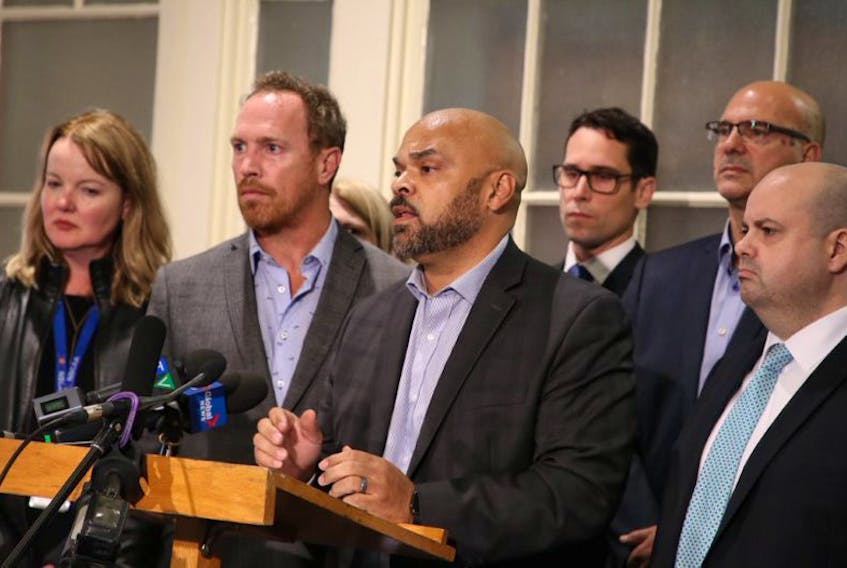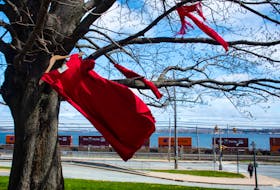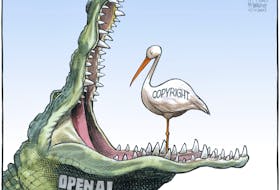A new Liberal government-passed law taking away Crown attorneys’ right to binding arbitration is likely illegal, says a constitutional law expert.
“It does seem to me that the law is such an affront to meaningful collective bargaining at a legal level that it’s disturbing,” said Wayne MacKay, a Dalhousie University law professor.
MacKay said Bill 208, which was passed into law on Friday, probably wouldn’t survive a Charter challenge largely on the grounds that it unfairly takes away Nova Scotia Crown Attorneys' Association’s most important negotiating tool. In doing so, it infringes on the group's right of freedom of association, specifically limiting its right to take collective action to pursue the interests of association members.
“It does not provide or promote meaningful collective bargaining, by taking away the main weapon in collective bargaining," said MacKay. "But also by taking away binding arbitration and then replacing it with a very weakened version of the right to strike, combined with making Crowns an essential service.”
The law substitutes binding arbitration with the right to strike. But that would provide little leverage for striking Crowns since they’re deemed an essential service in the new legislation and many prosecutors would be required to continue working.
MacKay said in the event of a Charter challenge the province would argue breaking the contract is a necessary cost-saving measure. But that wouldn’t hold water because the collective agreement the government is seeking to destroy calls for an arbitrator to determine a contract the province can afford, said the professor.
“I would say they would not succeed in making a reasonable limits argument," said MacKay. “The cost is certainly relevant. But one of the factors that an arbitrator has to factor in the binding arbitration structure is the ability for the province to pay. There was built into the collective agreement a significant consideration for the ability of the province to pay. Until the arbitrator actually dealt with that we don’t know what the impact would be on the province’s ability to pay."
On Friday, the province vowed to hold off on proclaiming the bill into law while Justice Minister Mark Furey pledged to get back to the negotiation table with the group on Monday.
Just the day before, Furey and Premier Stephen McNeil had characterized the 100 striking Crowns as being motivated by greed at the expense of victims of crime. MacKay called their treatment of the Crowns shocking.
“Portraying the Crown attorneys as being greedy and not properly considering the interests of the victims they represent while having no real evidence for that is a fairly underhanded thing to do in the midst of collective bargaining."
"The premier and justice minister would know more than many what a difficult job it is, how hard the Crown attorneys do work and how in fact they earn every bit of their salary in doing the job they do, in my opinion ."
MacKay also criticized both for spearheading a misleading public campaign aimed at demonizing Crown lawyers.
"They were attempting to play to a false public perception that these people are making enough money so why should we be giving them anymore, which is a very simplistic way of looking at.
"First of all, the amount of money they make is comparative and they are at best at the lower end of Crown attorneys within Canada, and as I understand it, more significantly overworked than Crowns elsewhere. So why shouldn’t they be paid a reasonable rate within their group? That’s the proper focus it seems to me."
While MacKay thinks that the province will attempt to intimidate the Crowns in negotiations with the unspoken threat of proclaiming the new law, he believes it will ultimately not come into force.









